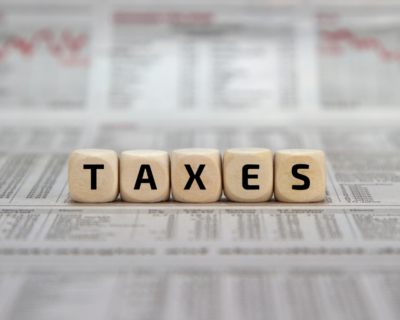
Louisiana Economic Situation April 2024: Economic Challenges and Opportunities
Louisiana is at a critical juncture, grappling with pressing economic challenges. However, it also stands on the brink of potential rejuvenation through strategic policy reforms championed by Governor Jeff Landry and lawmakers determined to achieve a Louisiana Comeback. Inspired by the Pelican Institute’s pro-growth stance of economic freedom, these reforms address structural issues and pave the way for a brighter economic future for the state and its residents. Recent economic data highlight the urgency of these needed policy reforms.
Current Economic Landscape in Louisiana
The state’s unemployment rate has seen a worrying increase, from 3.5% in March 2023 to 4.4% in March 2024, making it the nation’s ninth highest. This alarming trend reflects the ongoing challenges within the labor market that demand immediate attention and action.
The civilian labor force has shown only marginal growth, reaching 2.08 million last month, with a labor force participation rate remaining at 58.7%, well below the national rate of 62.7%. Household employment has declined in three straight months and nine of the last eleven months, resulting in a net decline of 17,851 jobs since April 2023.
Meanwhile, nonfarm employment has stagnated since March 2023 at 1.96 million, the second-worst job growth in the country. Industries experiencing declines over the last year include mining and logging and financial activities, and most workers’ earnings haven’t kept up with inflation.
These figures underscore the urgent need for policy reforms.
Needed Policy Reforms
The Pelican Institute has put forward a comprehensive set of reforms that aim to bolster sustainable economic growth and eliminate barriers to work. This agenda, if implemented, could not only significantly reshape the economic landscape of Louisiana but also pave the way for a more prosperous future, underlining the importance and potential impact of these reforms.
Key initiatives that would do this include:
- Fiscal: Championing less government spending tied to a stronger constitutional spending limit that will result in surpluses being used to flatten and ultimately eliminate personal income and business taxes. This would increase opportunities for people to work and start or grow their businesses.
- Education: Advocating for an innovative, choice-driven education approach that caters to the unique needs of every student. This would help improve academic achievement in every type of schooling by empowering parents, students, teachers, and taxpayers to prepare future generations for well-paid careers.
- Legal & Regulatory Framework: Ensuring a simple, sensible, and consistent legal and regulatory environment to bring jobs and opportunity back to Louisiana, including a new state constitution that reflects this limited government approach.
- Technology & Innovation: Driving policy support for cutting-edge technology and innovation, ensuring a dynamic, competitive environment for entrepreneurs and businesses.
These bold policy initiatives would help transform Louisiana into a state where freedom and opportunity bloom, aiming to reverse the trends of outmigration and economic decline that have characterized recent years.
Charting a Prosperous Path Forward
The path ahead for Louisiana involves comprehensive strategies, including immediate and long-term reforms to revitalize the state’s economy. Monitoring the impact of enacted policies on economic metrics will be crucial to ensure they translate into tangible benefits for the state’s residents. Efforts to enhance the business climate and investments in the workforce by removing hurdles imposed by the government will improve the employment landscape in Louisiana. It is essential for state policymakers to remain committed to these initiatives, adjusting strategies as needed based on real-time economic data and outcomes.
With strategic focus and sustained effort, Louisiana can hope to recover from its current setbacks and emerge as a stronger, more resilient economy and community.




